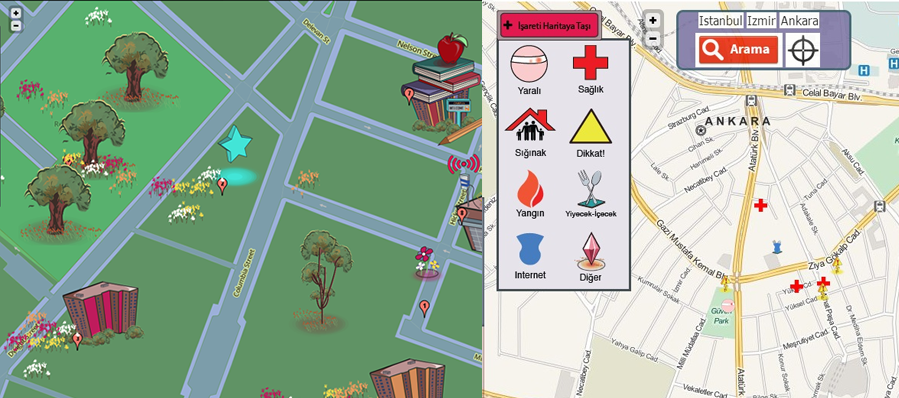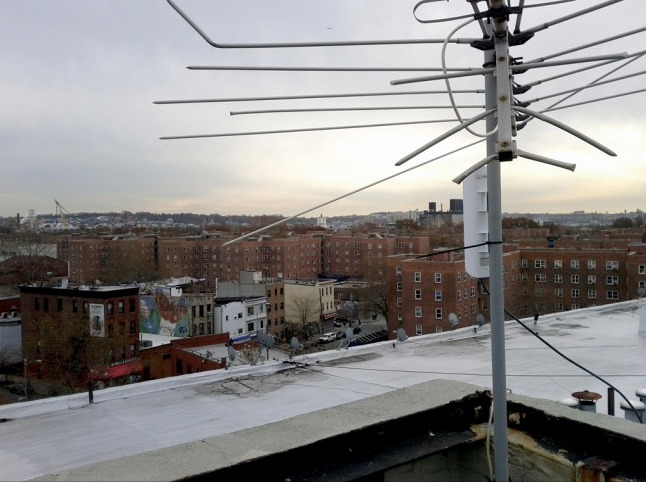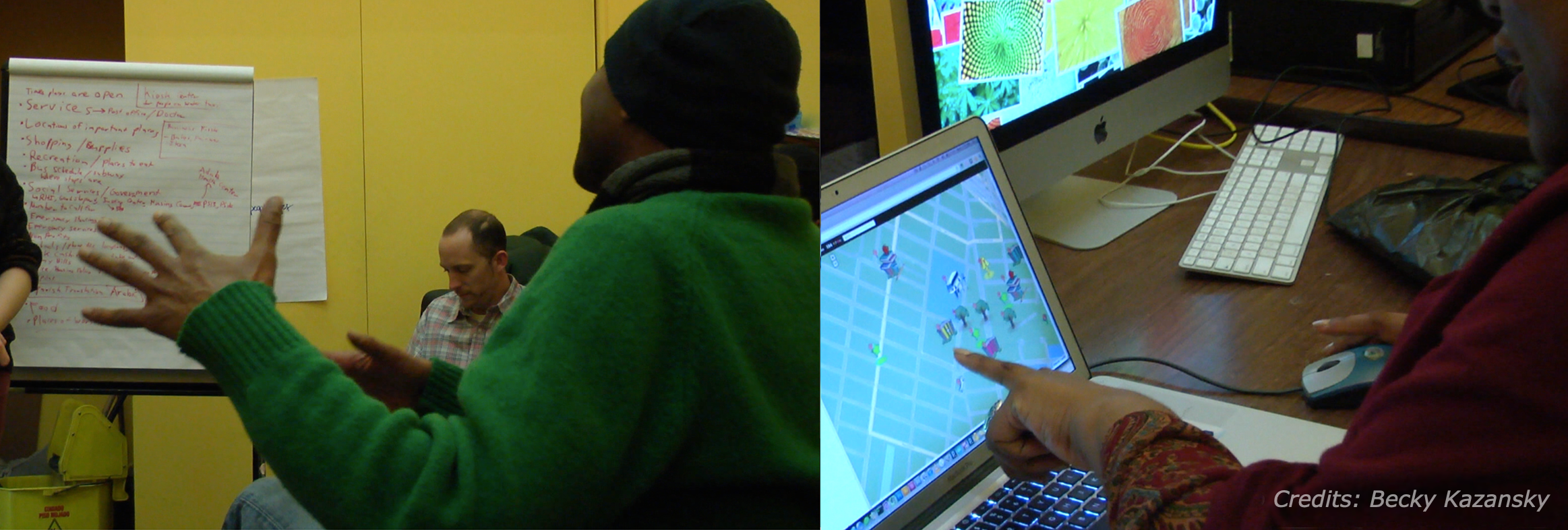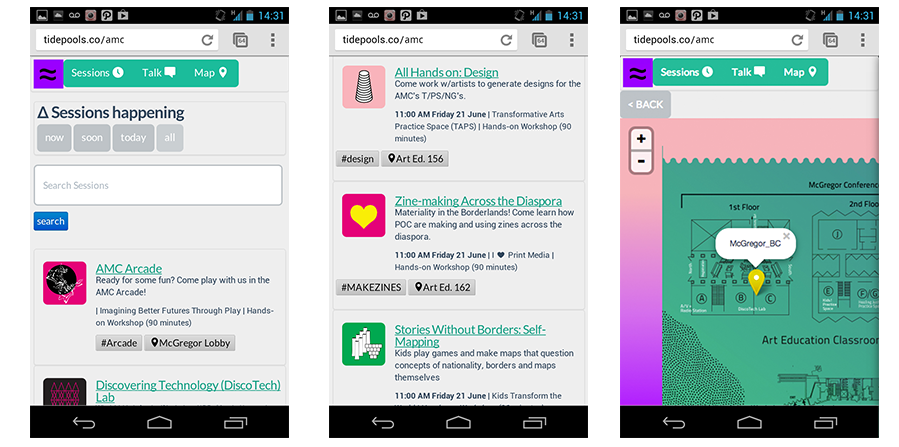2010 - 2013

Tidepools and Red Hook WiFi originated as part of my Master’s Thesis at Parsons School of Design, focusing on the design of locally relevant applications for sustainable community WiFi networks.
The projects were developed in collaboration with the Red Hook Initiative (RHI) and the Open Technology Institute (OTI) at the New America Foundation. The primary goal was to create a collaborative mobile mapping and communication platform (Tidepools) alongside a community mesh network (Red Hook WiFi) to enhance local connectivity and communication.

Tidepools serves as a versatile platform that allows users to gather and share hyperlocal information through expressive community maps and data feeds, integrating sensors, APIs, and cultural insights. It can operate independently of the internet by using local servers and WiFi broadcasting.
Red Hook WiFi played a critical role during Hurricane Sandy by providing essential internet access to the Red Hook community, demonstrating the network's resilience and importance. The adaptability of Tidepools has been showcased globally, including usage during the Turkish Gezi Park Protests and at the Allied Media Conference in Detroit.

⠀

Community involvement was integral to the development of Tidepools, with extensive meetings and feedback sessions shaping its design and features.
The platform's customizable interface, inspired by local artwork, reflects the community's identity. The projects aim to create sustainable, resilient mesh networks that foster long-term community engagement and digital literacy.

By offering tools for real-time civic data integration and user-generated content, Tidepools and Red Hook WiFi empower communities to maintain and expand their networks, ensuring continued relevance and utility beyond emergency situations.


Adapted for a variety of uses
Further Reading
Select Press
Awards
- FEMA Certificate of Appreciation, presented by the FEMA Innovation Team at the White House (2013)
- 1st Place Kölner International Design Prize (2012)